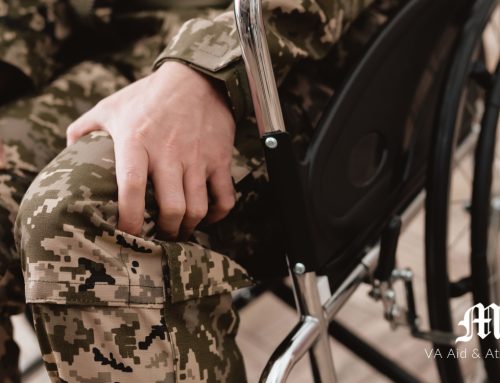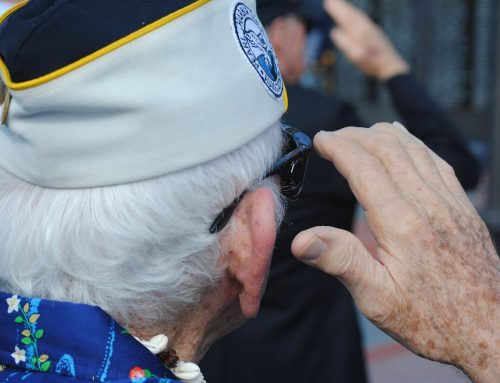VA Benefits | What You Should Know About VA Aid & Attendance Benefits
VA Benefits | The military service history of you or a family member may qualify you for the Aid and Attendance benefit from the U.S. Department of Veterans Affairs, typically referred to as “the VA.” This federal program provides monthly financial assistance to qualifying veterans or their surviving spouses.
Typically, the person who seeks this benefit is a veteran, or the surviving spouse of a veteran, who requires help with the activities of daily living, and requires a more protected environment in which to function safely. For many families, the cost of this care is significant.
As with most federal programs, there are eligibility and application requirements that are confusing or so many that it seems daunting. The VA changes its rules and forms periodically, adding to the confusion and misinformation. We recommend consulting a VA-accredited attorney who can navigate you through the whole process.
Eligibility
To qualify for this benefit, a veteran must have:
- served for at least 90 days of active duty. At least one day must have been served during VA-recognized active wartime, which is listed here (https://www.benefits.va.gov/pension/wartimeperiod.asp)
- no dishonorable discharges on his or her record.
Next, there are need qualifications:
- Does the veteran (or qualifying surviving spouse) require the aid of another person in order to perform some of the activities of daily living? These include bathing, eating, dressing, toileting, walking, transferring from bed to a wheelchair or walker, and adjusting prosthetic devices.
- Is the veteran or surviving spouse bedridden?
- Is the veteran or surviving spouse a patient in a nursing home because of mental or physical incapacity?
- Is the veteran or surviving spouse considered legally blind?
If the answer is yes to any of these questions, the veteran or surviving spouse may be eligible under the need guidelines.
Then there are the income and asset requirements:
Generally speaking, if an applicant has more unreimbursed medical expenses than income each month, they may qualify. However, there are also asset limits. Effective Oct. 18, 2018, the VA made rule changes that instituted a “look-back” period for the transfer or sale of certain assets. This is where the qualifying process can get confusing.
Schedule a Consultation
However, there are strategies for navigating these requirements. Again, we recommend consulting a VA-accredited attorney to examine your situation and needs. Everyone’s situation is unique, and having a good partner in the process gives you the best chance to qualify for this important financial assistance. Call Mortellaro Law to schedule your free one-hour consultation.





